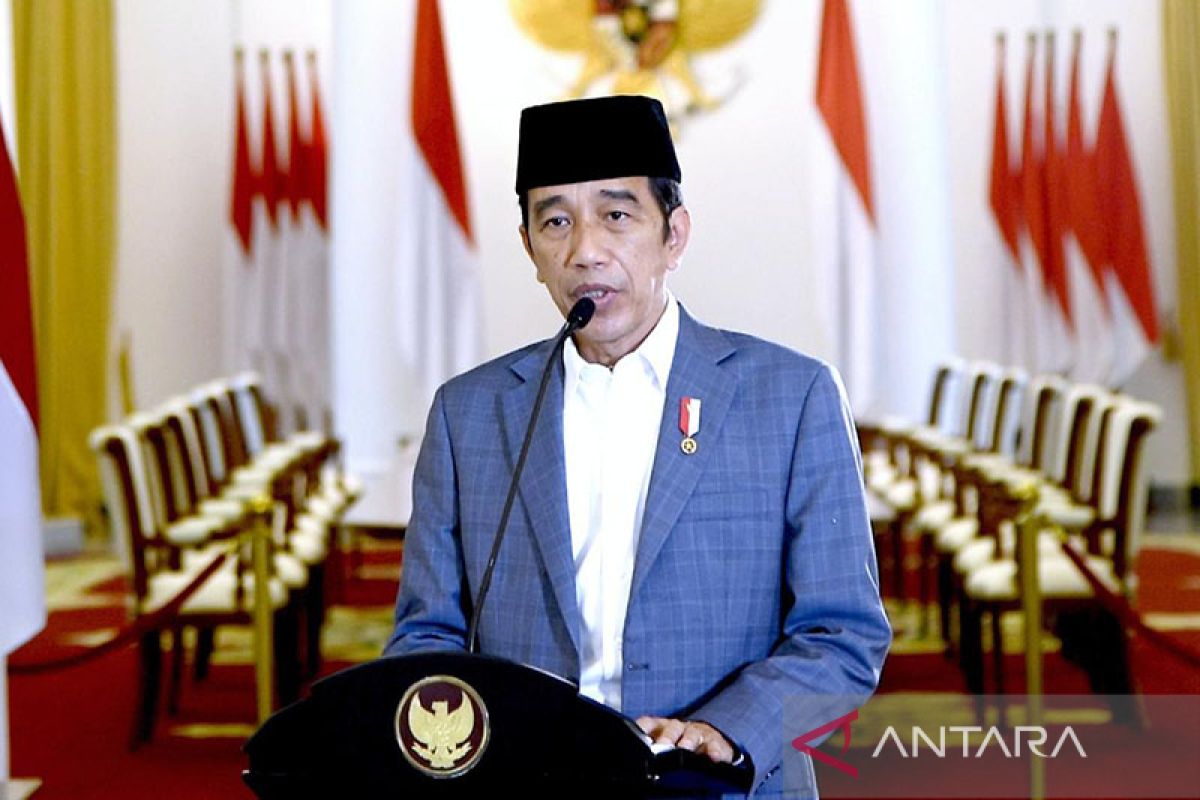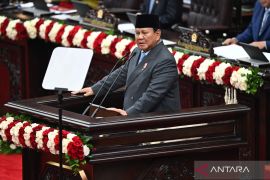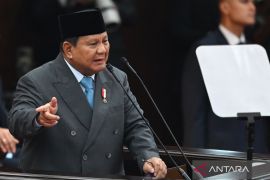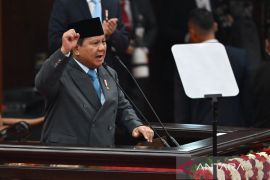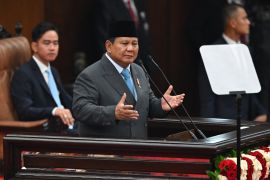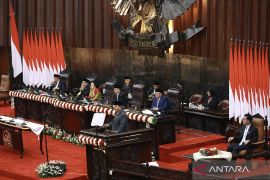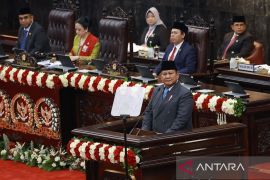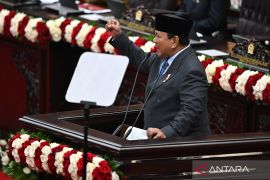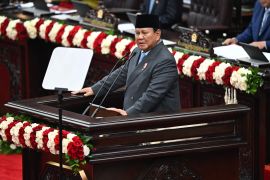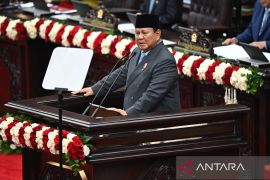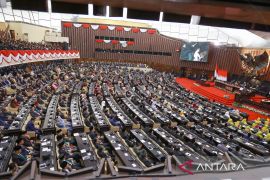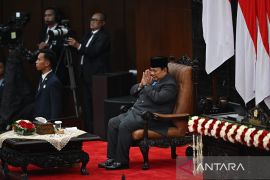"Since the VOC era, 400 years ago, until now, we have always sent raw materials. We have to stop it, as we got nothing," the president stated while attending the opening of the 2022 TNI-Polri Leadership Meeting here on Tuesday.
The president expounded that since the last four centuries, Indonesia has solely relied on the sale of mining, agricultural, and plantation raw materials.
Widodo pointed out that the sale of raw materials did not generate added value for the country, including for job creation, industrialization, export duties, state income tax, and also Non-Tax State Revenues.
Hence, the head of state had instructed all relevant parties to halt nickel exports since 2020. This year, Indonesia also plans to stop bauxite exports.
The president acknowledged that the proposed ban on bauxite exports can likely draw sanctions from the European Union.
Nonetheless, these steps are deemed necessary, so that Indonesia can get added value through processing raw materials, such as nickel, bauxite, and copper.
"This is called economic transformation. We start with nickel processing. Although we are still under the WTO and being sued by the European Union, we have to try it. If we do not dare to start, then we will only continue to send raw materials," the president emphasized.
According to Widodo, economic transformation through industrialization should be conducted, so that economic growth does not solely rely on the consumption sector that contributes 56-58 percent.
Related news: SOE minister asks holding company to increase finished goods exports
Related news: Downstreaming to strengthen exports of processed goods: minister
Translator: Katriana
Editor: Suharto
Copyright © ANTARA 2022
